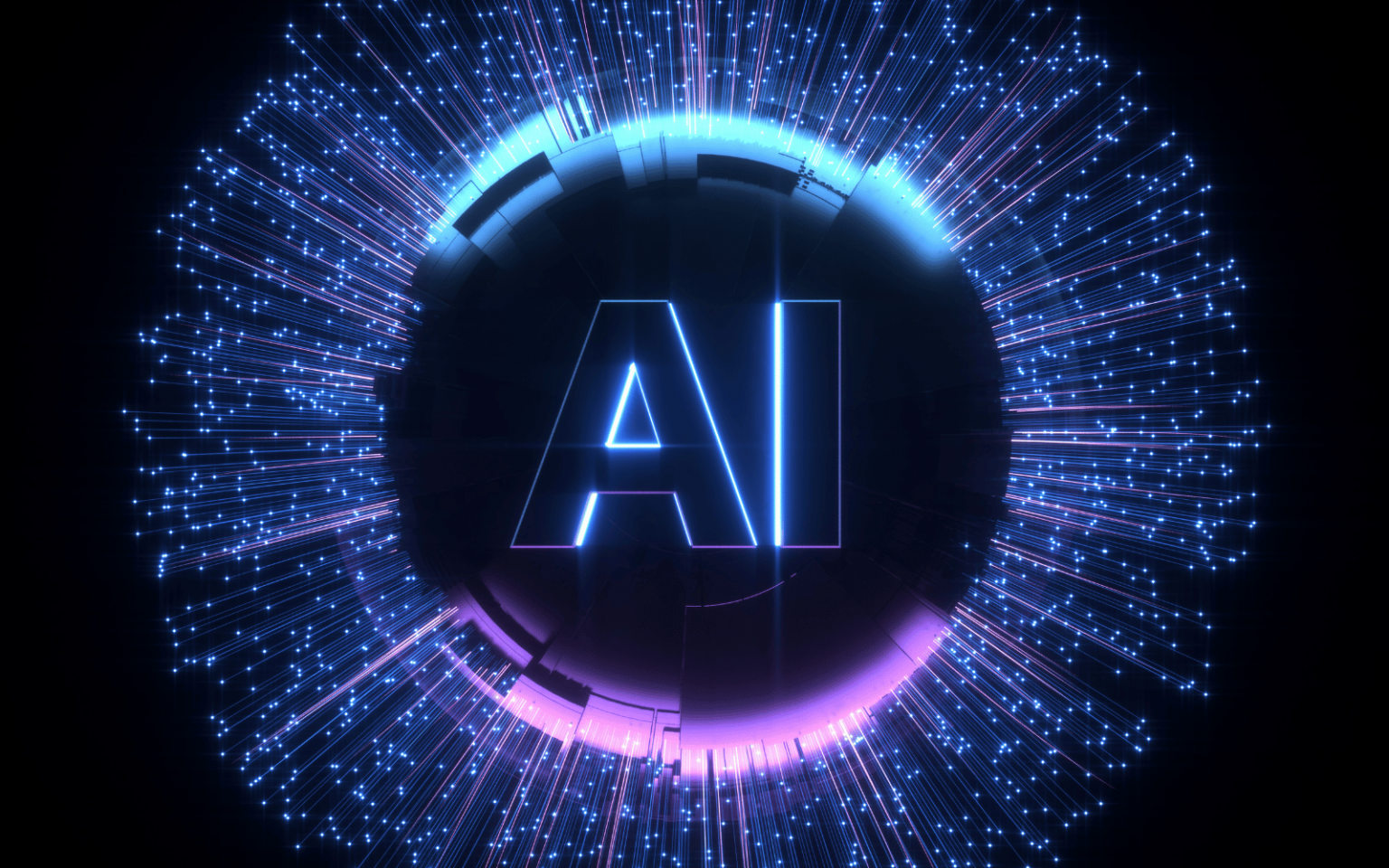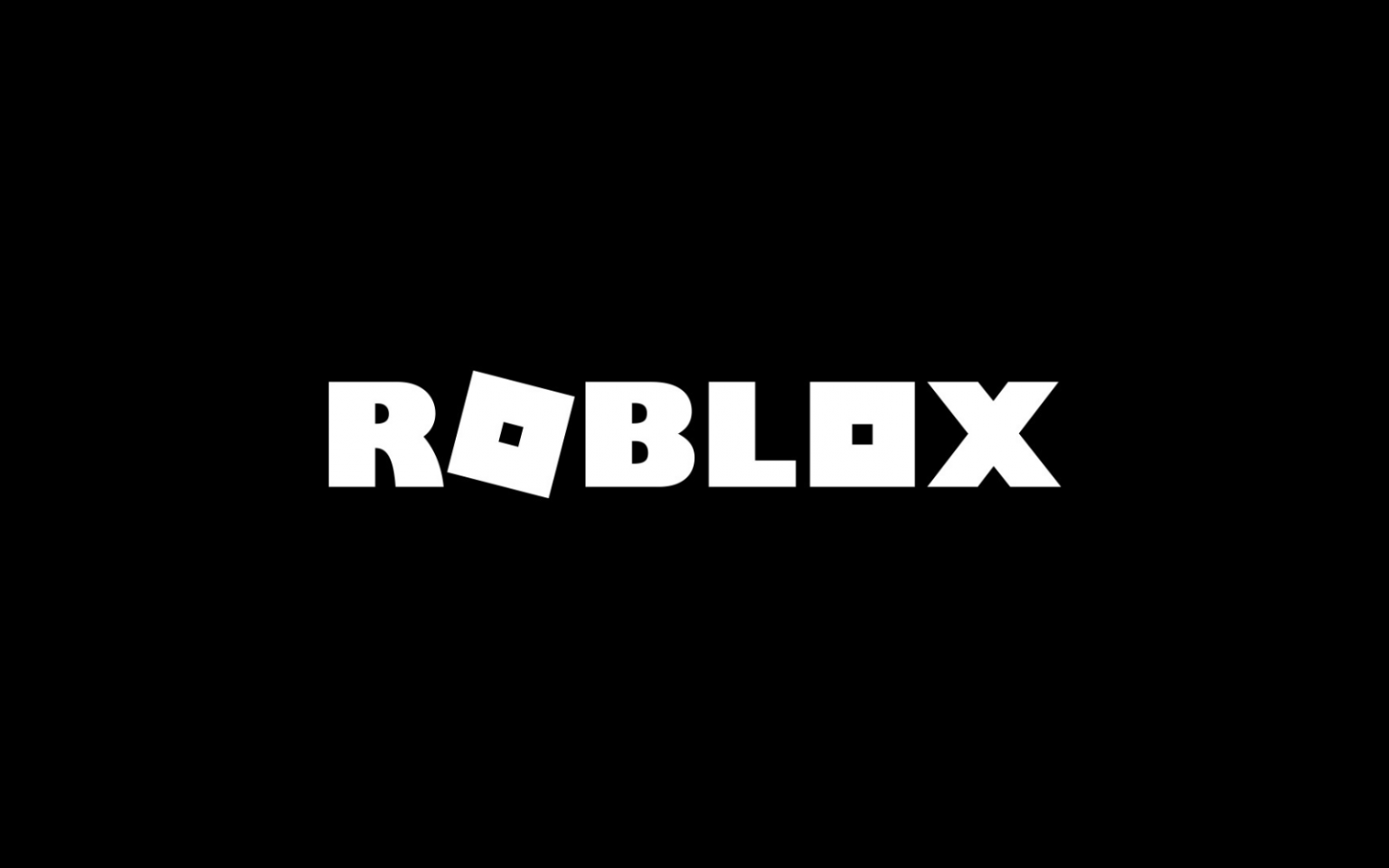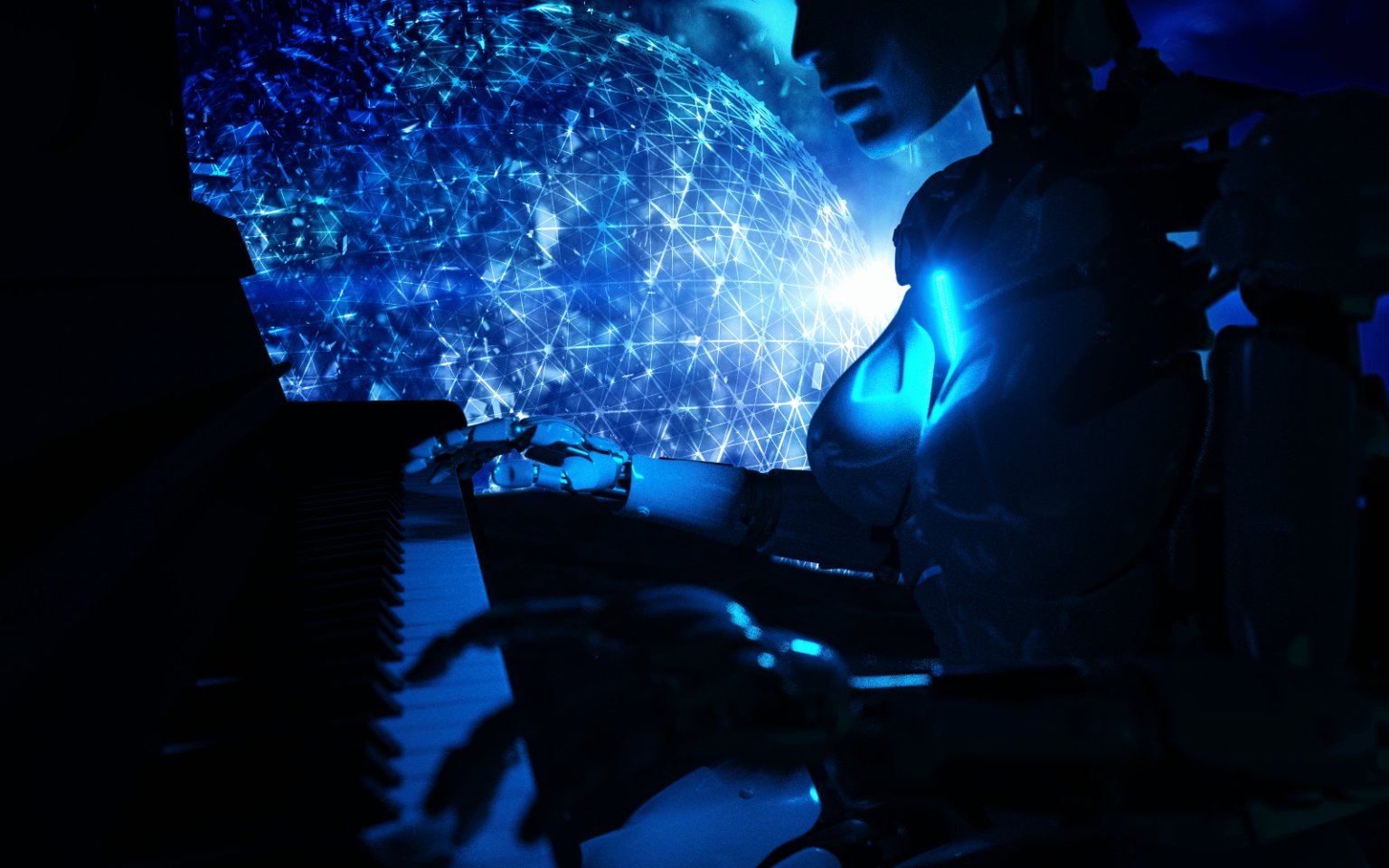Over the past decade, virtual assistants powered by artificial intelligence, like Apple’s Siri and Amazon’s Alexa, have become integral to technologies such as smartphones and social media. More recently, a new type of human-like chatbots are on the rise: AI romantic companions. Chatbots are AI-powered programs that engage with humans through text, voice and images. Currently, over 100 AI-powered applications — such as myanima.ai, Eva AI, Nomi.AI and Replika — offer romantic and sexual companions with extensive personalization options, including physical and personality features. Exhibiting remarkable realism, adaptability and interactive fluidity, these AI chatbots can progressively evolve through conversation, fine-tuning their responses to match users’ interests, needs and…
Author: The Conversation
Since the release of ChatGPT in November 2022, the world has seen an incredible surge in investment, development and use of artificial intelligence (AI) applications. According to one estimate, the amount of computational power used for AI is doubling roughly every 100 days. The social and economic impacts of this boom have provoked reactions around the world. European regulators recently pushed Meta to pause plans to train AI models on users’ Facebook and Instagram data. The Bank of International Settlements, which coordinates the world’s central banks, has warned AI adoption may change the way inflation works. The environmental impacts have so far received less attention.…
If space systems such as GPS were hacked and knocked offline, much of the world would instantly be returned to the communications and navigation technologies of the 1950s. Yet space cybersecurity is largely invisible to the public at a time of heightened geopolitical tensions. Cyberattacks on satellites have occurred since the 1980s, but the global wake-up alarm went off only a couple of years ago. An hour before Russia’s invasion of Ukraine on Feb. 24, 2022, its government operatives hacked Viasat’s satellite-internet services to cut off communications and create confusion in Ukraine. I study ethics and emerging technologies and serve as an adviser to the U.S. National Space…
In May 2024, OpenAI CEO Sam Altman sparked a firestorm by referencing the 2013 movie “Her” to highlight the novelty of the latest iteration of ChatGPT. Within days, actor Scarlett Johansson, who played the voice of Samantha, the AI girlfriend of the protagonist in the movie “Her,” accused the company of improperly using her voice after she had spurned their offer to make her the voice of ChatGPT’s new virtual assistant. Johansson ended up suing OpenAI and has been invited to testify before Congress. her — Sam Altman (@sama) May 13, 2024 This tiff highlights a broader interchange between Hollywood and Silicon Valley that’s called…
You might have heard that artificial intelligence is going to revolutionize everything, save the world and give everyone superhuman powers. Alternatively, you might have heard that it will take your job, make you lazy and stupid, and make the world a cyberpunk dystopia. Consider another way to look at AI: as an assistive technology – something that helps you function. With that view, also consider a community of experts in giving and receiving assistance: the disability community. Many disabled people use technology extensively, both dedicated assistive technologies such as wheelchairs and general-use technologies such as smart home devices. Equally, many disabled people…
Only about 600 people have ever travelled to space. The vast majority of astronauts over the past six decades have been middle-aged men on short-duration missions of fewer than 20 days. Today, with private, commercial and multinational spaceflight providers and flyers entering the market, we are witnessing a new era of human spaceflight. Missions have ranged from minutes, hours and days to months. As humanity looks ahead to returning to the Moon over the coming decade, space exploration missions will be much longer, with many more space travellers and even space tourists. This also means that a wider diversity of people will…
Roblox is an online platform that allows users to create games and play those designed by others. A self-described “ultimate virtual universe,” it is hard to pinpoint exactly what Roblox is: Is it a game? Is it social media? Is it a place to create content or consume media? Is it a place to shop or sell? Is it a metaverse? Or simply a platform? How do we even understand what Roblox is? And does it matter? Roblox is a multiplayer game world where users create their own singular avatars and move through immersive experiences built by other users. On…
The artificial intelligence (AI) revolution has begun, spreading to almost every facet of people’s professional and personal lives – including job recruitment. While artists fear copyright breaches or simply being replaced, business and management are becoming increasingly aware to the possibilities of greater efficiencies in areas as diverse as supply chain management, customer service, product development and human resources (HR) management. Soon all business areas and operations will be under pressure to adopt AI in some form or another. But the very nature of AI – and the data behind its processes and outputs – mean human biases are being embedded in the…
Last week, several major record labels filed copyright infringement lawsuits in US courts against the makers of two generative AI music apps, Suno and Udio. The labels allege the AI companies have engaged in copyright infringement by copying many sound recordings belonging to the record labels, and producing outputs very similar to those recordings. The labels are seeking damages of US$150,000 (R2,770,185) for each of the thousands of tracks of which copyright has allegedly been infringed. The lawsuits allege Udio produced output with “striking resemblances” to songs including Dancing Queen by ABBA and All I Want For Christmas Is You by Mariah Carey, while Suno allegedly turned out…
With the current buzz around artificial intelligence (AI), it would be easy to assume that it is a recent innovation. In fact, AI has been around in one form or another for more than 70 years. To understand the current generation of AI tools and where they might lead, it is helpful to understand how we got here. Each generation of AI tools can be seen as an improvement on those that went before, but none of the tools are headed toward consciousness. The mathematician and computing pioneer Alan Turing published an article in 1950 with the opening sentence: “I propose to…










